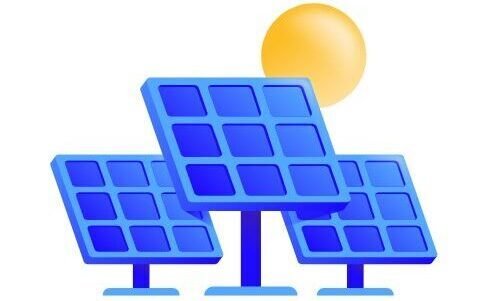Understanding the Impact and Potential of 585 Watt Solar Panels
In the realm of renewable energy, solar power stands as a beacon of sustainability and innovation. With advancements in technology, solar panels have become increasingly efficient, paving the way for larger and more powerful units such as the 585 Watt solar panel. This article delves into the significance of these panels, their benefits, and the broader implications for energy generation.
Evolution of Solar Panels: From Innovation to Efficiency
Solar panels have undergone significant evolution since their inception. Initially, solar cells were limited in efficiency and output, making widespread adoption challenging. However, with continuous research and development, the efficiency of solar panels has greatly improved. The introduction of higher wattage panels, such as the 585 Watt variant, represents a milestone in this progression.
Understanding 585 Watt Solar Panels
A 585 Watt solar panel is designed to convert sunlight into electricity with greater efficiency and output compared to earlier models. This increase in wattage means that each panel can generate more electricity per unit area, optimizing space utilization and reducing overall installation costs. These panels are particularly suitable for residential and commercial applications where space and efficiency are paramount.
Benefits of 585 Watt Solar Panels
- Increased Efficiency: Higher wattage panels translate to greater energy production per panel, maximizing the electricity generated from available sunlight.
- Space Optimization: Fewer panels are needed to achieve the same energy output, which is beneficial for installations with limited roof space or ground area.
- Cost Effectiveness: While initial costs may be higher, the reduced number of panels and higher efficiency contribute to long-term cost savings in terms of installation, maintenance, and energy production.
- Environmental Impact: Solar energy is clean and renewable, contributing to a reduction in greenhouse gas emissions and dependence on fossil fuels.
Applications of 585 Watt Solar Panels
The versatility of 585 Watt solar panels opens up various applications:
- Residential Installations: Homeowners can benefit from reduced energy bills and increased energy independence.
- Commercial Buildings: Offices and businesses can offset their electricity consumption and demonstrate commitment to sustainability.
- Large-scale Projects: These panels are also suitable for utility-scale installations, contributing significantly to regional energy grids.

Challenges and Considerations
Despite their benefits, there are considerations to be mindful of when opting for 585 Watt solar panels:
- Installation: Due to their larger size and weight, installation may require specialized equipment and expertise.
- Compatibility: Existing infrastructure and inverters may need to be upgraded to accommodate higher wattage panels.
- Cost: While costs are decreasing, initial investment remains a consideration for some potential adopters.
Future Outlook and Innovations
Looking ahead, advancements in solar technology continue to drive efficiency gains and cost reductions. Innovations such as bifacial panels, improved manufacturing techniques, and energy storage solutions complement the benefits of higher wattage panels like the 585 Watt variant. These developments promise to further accelerate the adoption of solar energy worldwide, making it a cornerstone of the future energy landscape.
Conclusion
The advent of 585 Watt solar panels represents a significant advancement in renewable energy technology. Their higher efficiency, space optimization, and cost-effectiveness make them an attractive option for both residential and commercial applications. As the world increasingly embraces sustainable energy solutions, these panels are poised to play a pivotal role in driving the transition towards a cleaner and more resilient energy future.
By understanding the capabilities and benefits of 585 Watt solar panels, stakeholders can make informed decisions to harness solar power effectively, contributing to a sustainable and greener planet for future generations.

